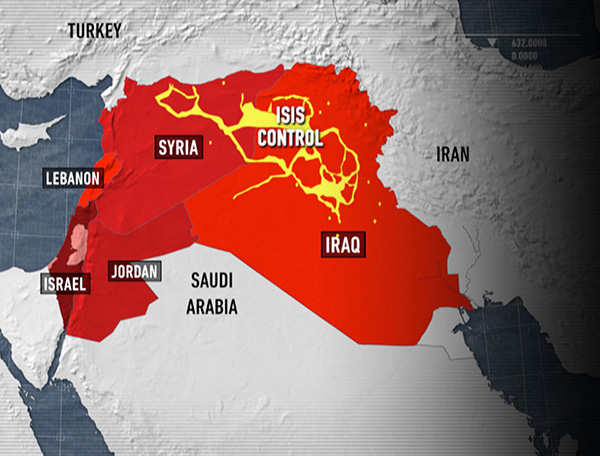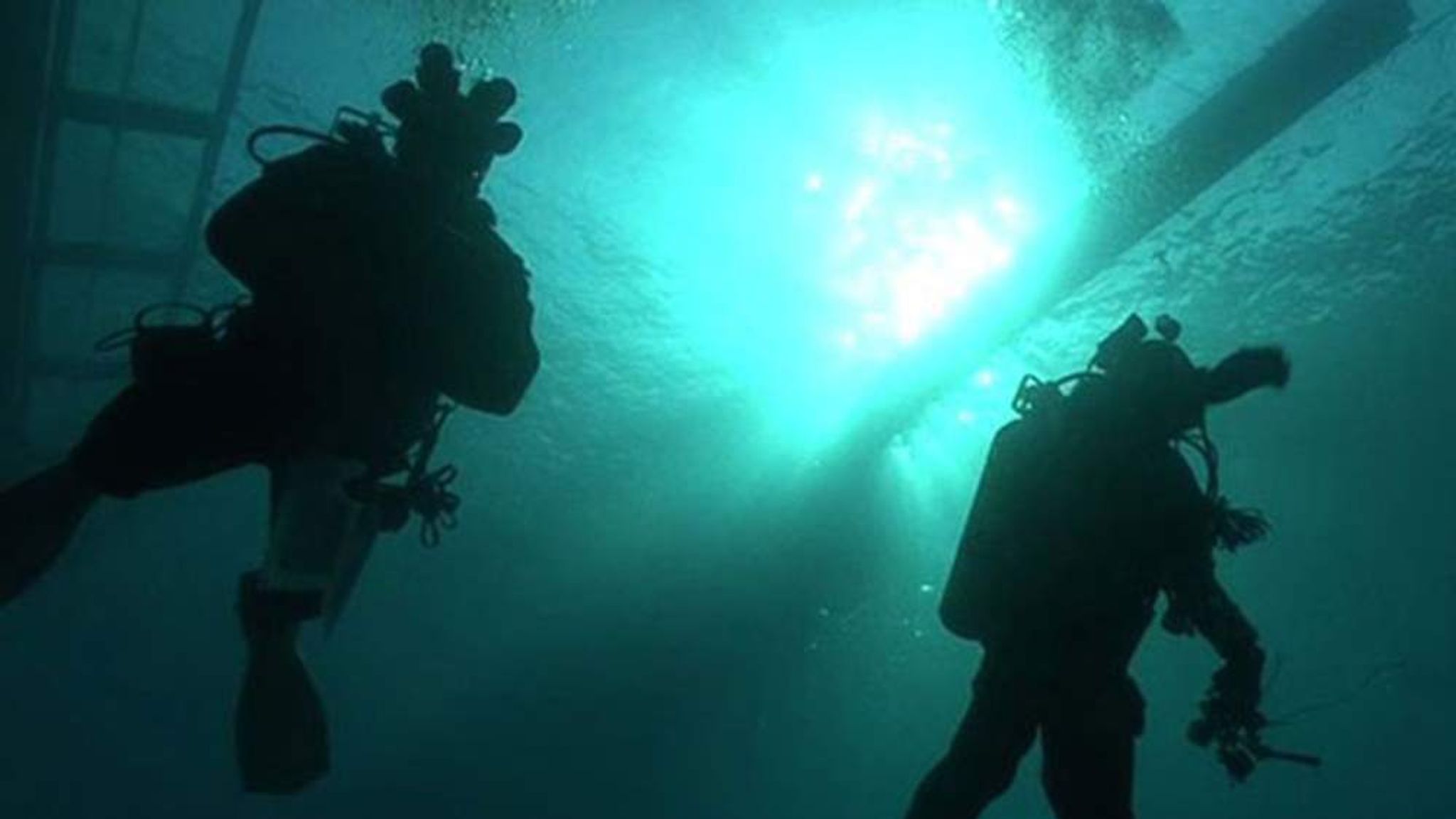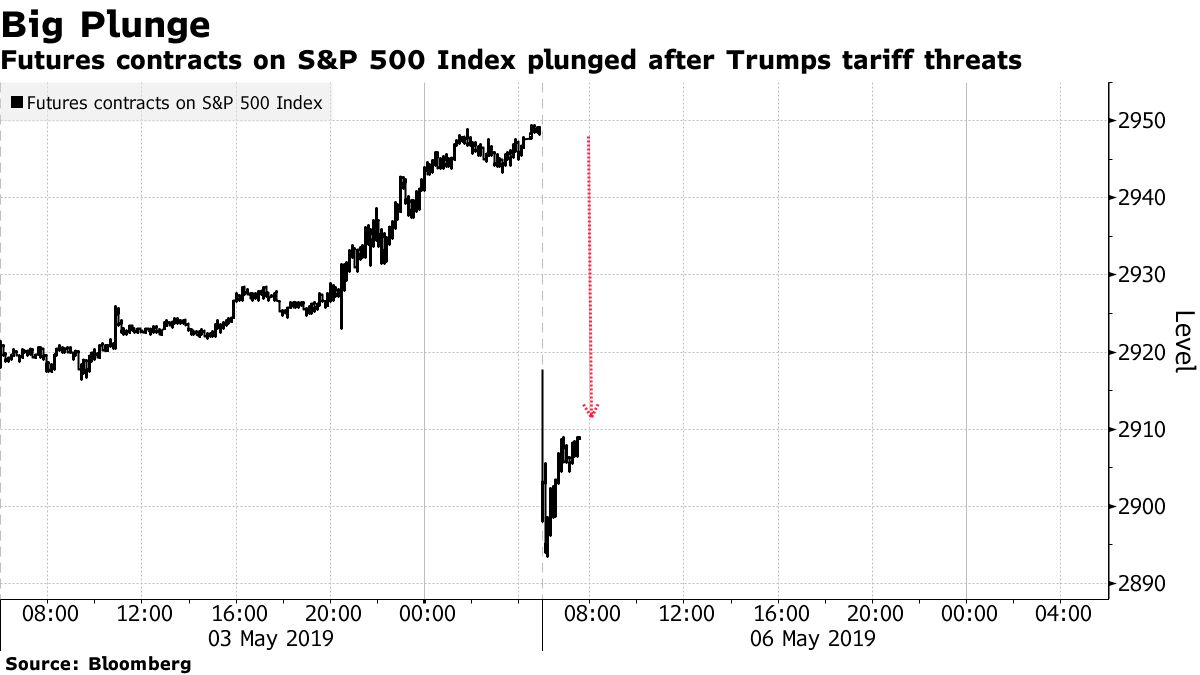Greenland's Future Under US Control: Pentagon's Proposal And Rising Tensions

Table of Contents
The Pentagon's Proposal: A Closer Look
The US proposal for expanding its military presence in Greenland encompasses several key elements, aiming to bolster its strategic position in the Arctic. This includes significant upgrades to existing infrastructure and the potential development of new military bases. The specifics remain somewhat opaque, but the overall goal is to enhance US capabilities to monitor and respond to activities in the region.
- Proposed Military Infrastructure Upgrades: This could involve modernizing existing airfields, expanding port facilities, and potentially establishing new radar and communication systems across Greenland. The scale of these upgrades remains subject to negotiation and Greenlandic approval.
- Potential Economic Benefits for Greenland: The US has emphasized potential economic benefits for Greenland, including job creation through construction and maintenance of military infrastructure and increased investment in the Greenlandic economy. However, the long-term economic sustainability and potential environmental costs need careful consideration.
- Environmental Concerns Related to Increased Military Activity: Increased military activity raises legitimate environmental concerns, including potential impacts on fragile Arctic ecosystems, increased pollution from aircraft and ships, and the risk of accidents involving hazardous materials. These environmental impacts must be thoroughly assessed and mitigated.
- Specific Examples of US Interest in Greenlandic Resources: Greenland possesses significant mineral resources, including rare earth minerals crucial for modern technology, and its strategic location offers significant geopolitical advantages. The US interest in securing access to these resources is a key driver behind the proposal.
Greenlandic Perspectives and Sovereignty Concerns
The Pentagon's proposal has elicited a range of opinions within Greenland. While some see economic benefits and enhanced security as potential advantages, others express serious concerns about the potential loss of sovereignty and environmental damage.
- Arguments for Accepting the US Proposal: Proponents argue that the economic injection and increased security provided by a stronger US presence could significantly benefit Greenland's development and protect it from potential external threats, particularly from Russia.
- Arguments Against the US Proposal: Opponents fear that increased US military presence could lead to a loss of Greenlandic autonomy and self-determination, potentially paving the way for neo-colonial exploitation. Environmental concerns, alongside potential damage to Greenland's delicate ecosystem, are major points of contention.
- The Role of Public Opinion Polls and Surveys: Understanding Greenlandic sentiment is crucial. Public opinion polls and surveys are critical in gauging the level of support for, or opposition to, the US proposal and informing the Greenlandic government's decision-making process.
- Concerns Regarding Potential Neo-colonialism and External Interference: The debate extends to broader discussions about neo-colonialism and the potential for external powers to exert undue influence on Greenland's internal affairs, undermining its self-governance.
Geopolitical Implications and the Arctic Power Struggle
Greenland's future under increased US influence has profound geopolitical ramifications. The Arctic is witnessing a resurgence of great power competition, with the US, Russia, and China vying for influence and access to resources.
- The Strategic Importance of Greenland's Location in the Arctic: Greenland's geographical location is strategically crucial, offering access to vital shipping routes and proximity to key resource deposits. Its strategic value is undeniable in the context of Arctic geopolitics.
- Russia's and China's Interests in the Arctic and Their Potential Responses to the US Proposal: Both Russia and China have expressed keen interest in the Arctic, with Russia emphasizing its historical claims and China seeking to establish a presence through economic investments and scientific research. The US proposal is likely to provoke responses from both nations.
- The Role of International Treaties and Agreements Regarding Arctic Sovereignty: Existing international treaties and agreements, such as the UN Convention on the Law of the Sea, play a crucial role in shaping the legal framework governing Arctic activity, influencing the scope and limitations of the US proposal.
- The Potential for Increased Militarization of the Arctic Region: Increased US military presence in Greenland could trigger an arms race in the Arctic, leading to a heightened risk of military confrontation and instability in the region.
The Role of Climate Change
Climate change significantly impacts Greenland and its strategic importance. The melting ice caps are opening up new shipping routes and exposing previously inaccessible resources.
- Melting Ice Caps and Access to New Resources: The melting ice exposes previously inaccessible mineral resources and opens new sea routes, increasing the region's economic and strategic value, further fueling competition.
- The Impact on Greenlandic Infrastructure and Communities: Melting ice and shifting weather patterns pose significant threats to Greenlandic infrastructure and communities, impacting livelihoods and requiring adaptation strategies.
- Increased Competition for Resources and Shipping Routes: The increased accessibility of resources and shipping routes due to climate change intensifies competition among major powers, highlighting the urgency of navigating the geopolitical complexities surrounding Greenland's future.
Conclusion
The future of Greenland under increased US influence presents a complex interplay of economic opportunities, sovereignty concerns, and geopolitical competition. The Pentagon's proposal, while offering potential economic benefits, also raises serious questions about Greenland's self-determination and the potential for increased militarization of the Arctic. Understanding the intricacies of Greenland's future under US control is crucial for informed discussion and responsible decision-making regarding the Arctic's future. Stay informed on developments concerning Greenland's future under US control and engage in thoughtful discussions about this important geopolitical issue. The debate over Greenland's future and its implications for the Arctic demands continued scrutiny and a nuanced understanding of all perspectives.

Featured Posts
-
 Tech Tycoons Sunken Superyacht Diver Dies In Salvage Operation
May 10, 2025
Tech Tycoons Sunken Superyacht Diver Dies In Salvage Operation
May 10, 2025 -
 Stock Market Today Trumps Tariff Threat And Uk Trade Deal Impact
May 10, 2025
Stock Market Today Trumps Tariff Threat And Uk Trade Deal Impact
May 10, 2025 -
 Wall Streets Resurgence A Look At The Crumbling Bear Market Strategy
May 10, 2025
Wall Streets Resurgence A Look At The Crumbling Bear Market Strategy
May 10, 2025 -
 Trump Executive Orders Impact On Transgender Individuals
May 10, 2025
Trump Executive Orders Impact On Transgender Individuals
May 10, 2025 -
 Imf Review Of Pakistans 1 3 Billion Package Tensions With India And Other News
May 10, 2025
Imf Review Of Pakistans 1 3 Billion Package Tensions With India And Other News
May 10, 2025
